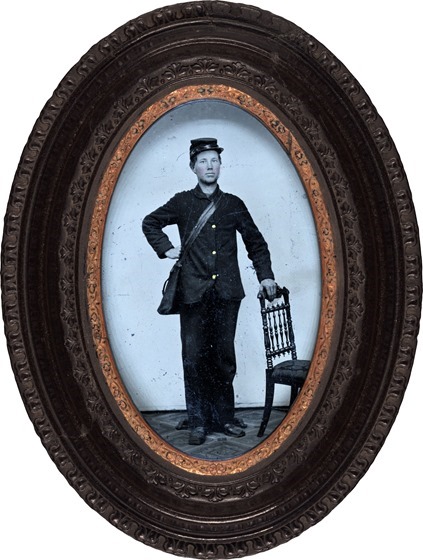August 19, Wednesday. I called on Stanton to-day on the subject of relieving petty officers of the Navy from the draft, and permitting them to continue in the service where they are engaged, unmolested. These men are now on duty, some on blockade service, some abroad, and the law which subjects these men to draft is monstrous, and the Military Committee who, he says, drew up the law are deserving of censure for their carelessness, — I do not impute to them a design in this. Stanton, who must have seen and been consulted, should have corrected the proceeding. But he seems gratified that such power should have been placed in his hands by Congress, and objects to general relief of naval men, thinks each one, in the employ of other Departments as well as the War, should make application to him for relief. The unthinking and inconsiderate legislators did not intend to subject the sailors who are performing arduous duties afloat to a draft and fine, but they are to be subjected to penalty, although engaged in battle when the draft takes place. Relief can be had if the Secretary of the Navy will make application — be a suppliant for his men — to the Secretary of War for a discharge in each of the thousand cases.
I have a printed letter from R. S. Donnell, an intelligent North Carolinian, formerly Member of Congress, and approved by Governor Vance. It is a review of the conduct and course of the Secessionists, and the object is a restoration of the Union. This subject begins to agitate the public, and has the thoughts of thinking men.
What is to be done with the slaves and slavery? Were slavery out of the way, there would seem to be no serious obstacle to the reestablishment of the Union. But the cause which was made the pretext of the Civil War will not be readily given up by the masses, who have been duped and misled by their leaders, and who have so large an interest at stake, without a further struggle. The calculators, the demagogues, are shaping their course to what is inevitable, but they hardly know the shape things may take. Mr. Solicitor Whiting, who is shoved forward, or permitted to go forward, as an oracle, is for abolishing State lines, or rather he asserts they are abolished by the Rebellion. But herein he commits the too common error of making this a war upon the States instead of rebellious individuals. This pitiful nonsense of a scheming lawyer, Solicitor of the War Department, indorsed and got here by Sumner, has not a single element of Republican statesmanship in it. If President Buchanan could not coerce States, Solicitor Whiting of the War Department thinks he can. He and the War Department, though the last do not openly avow it, would annihilate the States, — deprive them of existence, — which would be coercion with a vengeance.
When the government puts down the Rebels, there will be no difficulty as regards the States under our federal system and the fundamental law limiting the power of the general government.











